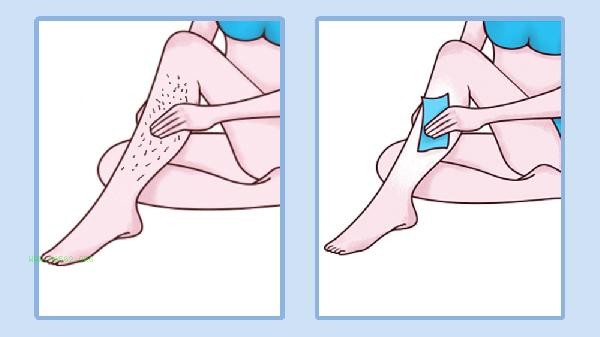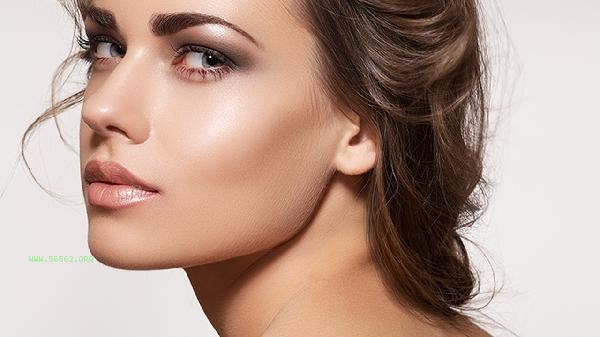Cassava is not the favorite food for cancer cells, and there is currently no scientific evidence to suggest that cassava directly promotes cancer cell growth. Cassava contains cyanide glycosides, but their toxicity can be removed after proper processing, and moderate consumption is harmless to healthy individuals. Cyanogenides in cassava may be converted into hydrogen cyanide when consumed raw or not fully processed, posing a certain toxicity risk. However, conventional soaking, boiling, and other treatments can effectively reduce their content. The World Health Organization points out that cassava products that have undergone standardized processing will not cause harm to the human body within safe doses, let alone directly stimulate cancer cell proliferation. From a nutritional perspective, cassava is mainly composed of carbohydrates with a high glycemic index, but it does not have any special carcinogenicity compared to other staple foods. Some in vitro experiments have explored the association between cyanide and tumor cells, but the human metabolic mechanism is complex, and existing research has not confirmed that daily consumption of processed cassava increases the risk of cancer. The occurrence of cancer is the result of multiple factors, including genetics, environment, lifestyle habits, and other comprehensive influences. The direct correlation between a single food and cancer cell growth lacks clinical evidence. For cancer patients, maintaining dietary diversity is more important than restricting specific foods, and it is recommended to develop personalized dietary plans under the guidance of a doctor.

When consuming cassava in daily life, it is important to thoroughly peel and soak it, and heat it thoroughly to avoid consuming it with cyanide containing foods such as bitter almonds. Cancer patients do not need to deliberately avoid cassava, but they need to control their total intake of refined carbohydrates and prioritize whole grains, high-quality protein, and fresh vegetables and fruits. Maintaining a balanced diet, moderate exercise, and regular sleep are the basic measures for preventing and fighting cancer. If you have any special dietary questions, you should consult a professional nutritionist or physician.










Comments (0)
Leave a Comment
No comments yet
Be the first to share your thoughts!